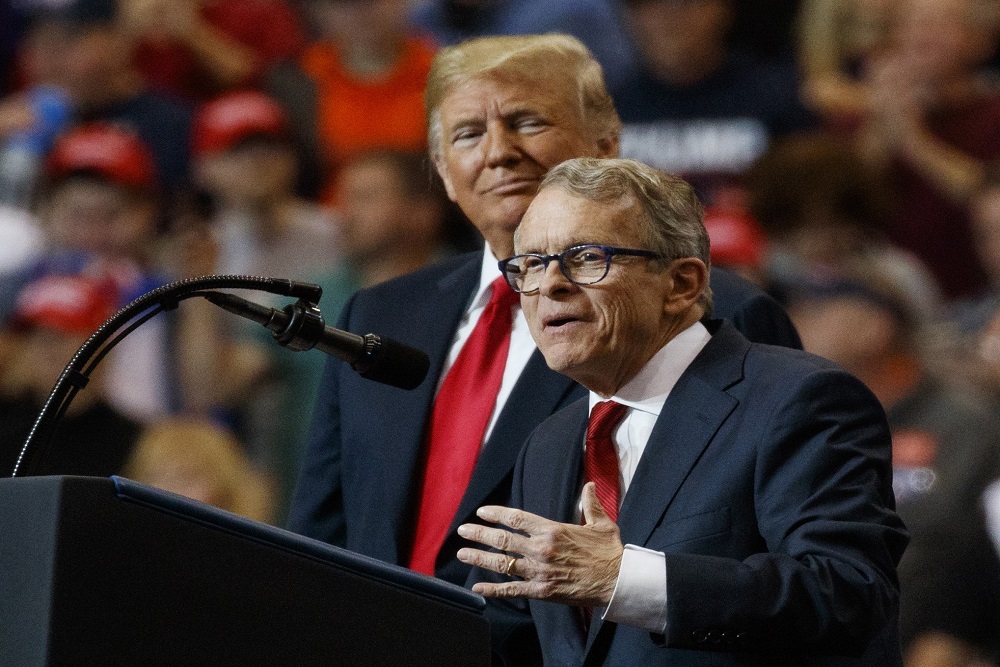Ohio leaders have a message for veterans who are feeling frustrated, angry or betrayed as America pulls out of Afghanistan: It's okay to feel the way you do and it's okay to ask for help.
"Even the toughest warriors need to take a need to take a knee and get a drink of water. That applies mentally too. Sometimes the mental and emotional burden becomes too heavy and we have to take a knee," said Major General John Harris, Ohio Adjutant General. "And there is no shame in that, particularly in light of the current events that we see unfolding."
Harris, Gov. Mike DeWine, Ohio Veterans Services Director Deborah Ashenhurst, Ohio Department of Mental Health Director Lori Criss and others held a press conference Monday to highlight mental health services for Ohio veterans and their families.
There are several resources available:
The national suicide prevention hotline, 800-273-8255, option 1, offers assistance to veterans in crisis.
Ohio Care Line, 800-720-9616, offers help 24 hours a day.
OhioCares.Ohio.gov lists resources for veterans.
The Crisis Text Line is also available 24 hours a day for free, confidential crisis support. Text 4HOPE to 741 741.
Criss said the two main barriers to getting mental health help are stigma and not knowing where to turn. She also said family members can get assistance with recognizing the signs of suicidal risks and coaching on how to have conversations with loved ones who may be thinking of self harm.
In each year since 2008, the number of veteran suicides has exceeded 6,300. Between 2005 and 2018, suicide deaths among veterans increased 6.3%, despite the veteran population decreasing from 24.5 million to 20.1 million, according to U.S. Department of Veterans Affairs 2020 suicide prevention report.
In Ohio, about five people a day die by suicide, according to the state's prevention plan. Among youth, suicide is the leading cause of death for Ohioans ages 10-14 and the second-leading cause of death for Ohioans who are 15-24 years old.
Original source can be found here.


